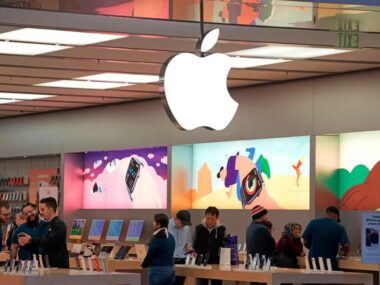A survey of UK employers indicates that companies plan to cut jobs or limit hiring in response to rising National Insurance and wage costs.
The Chartered Institute of Personnel and Development (CIPD) found that businesses also intend to increase prices to offset higher employment expenses. Meanwhile, research from the Federation of Small Businesses revealed that small business confidence in late 2024 hit a decade-low, excluding the pandemic.
The Treasury maintains that its policies provide stability for investment and growth. Employer National Insurance Contributions (NICs) and the National Minimum Wage, set to rise in April following October’s Budget, are key concerns.
According to CIPD, over a third of 2,000 surveyed firms plan workforce reductions, while 42% expect to raise prices. Additionally, a quarter of businesses are scaling back or canceling expansion plans.
These findings come ahead of new employment data due on Tuesday. CIPD’s chief executive, Peter Cheese, described this as the most significant decline in employer sentiment in a decade, apart from the pandemic. Retail and hospitality, which rely heavily on labor, are expected to be hit hardest.
The Federation of Small Businesses reported declining confidence across multiple sectors, with small firms preparing to shrink in early 2025.
Warnings about rising NICs and wages are growing. In December, the British Chambers of Commerce (BCC) noted that business confidence had fallen to its lowest in two years.
In November, major UK retailers cautioned that job cuts, price hikes, and store closures were inevitable due to tax increases and rising costs. However, critics argue that some large retailers, such as Next—which made over £1bn in profit last year—can absorb the tax burden. Next’s CEO, Lord Wolfson, acknowledged that larger firms must contribute more to support public services.
“Challenging choices”
Starting in April, employers will face a higher National Insurance rate of 15% on salaries exceeding £5,000, up from the current 13.8% on earnings above £9,100.
The government argues this increase is essential to fund public services and address a financial shortfall it attributes to the previous administration.
The Treasury told the BBC that its budget aims to restore economic stability, encourage business investment, and shield workers from excessive tax burdens. It emphasized that over half of employers would see either a reduction or no change in their National Insurance contributions while millions of workers receive record pay increases.
Chancellor Rachel Reeves has defended the Budget, acknowledging the “difficult decisions” made but insisting they were necessary for the national interest.
However, the policy has sparked political debate, with critics warning it could slow economic growth and discourage hiring. According to the Office for National Statistics (ONS), UK unemployment rose slightly from 4.3% to 4.4% in November.
New employment data is set for release on Tuesday, though the ONS has advised caution in interpreting recent figures due to low survey response rates.

If firms raise prices then that is likely to feed through to increased prices on the High Street
The latest inflation data, which tracks the rate of price increases, will be released on Wednesday.
In the year to December, inflation stood at 2.5%, a slight decline from November but still above the Bank of England’s 2% target.
If businesses raise prices to offset rising employment costs, it could contribute to further inflationary pressures in the coming months.
The Bank of England has previously projected inflation to peak at 3.7% later this year, with a slower return to its target rate.
However, on Monday, Bank of England Governor Andrew Bailey noted that inflation is gradually easing. Speaking to BusinessLive, he stated, “We still see the gradual disinflation going on. The after-effects of what happened two or three years ago are wearing off, but it is a gradual process.”
Despite the expected inflation increase later this year, Bailey does not anticipate it to persist in the long run.











